WPC Capped Decking Supplier: Your Guide to Eco-Friendly Outdoor Solutions
In today’s world, where sustainability and environmental consciousness are becoming increasingly important, choosing the right materials for your outdoor projects can make a significant difference. One such material that has gained popularity in recent years is Wood-Plastic Composite (WPC) capped decking. This article will explore the environmental benefits of selecting a WPC capped decking supplier and explain how their products contribute to sustainability. We’ll also discuss why these eco-friendly solutions are essential for environmentally conscious consumers.
Understanding WPC Capped Decking
Wood-Plastic Composite (WPC) capped decking is a type of composite decking made from a mixture of wood fibers and plastic. The cap layer is typically made of a high-density polyethylene (HDPE) or polypropylene (PP) material, which provides additional protection against moisture, UV rays, and other environmental factors. This makes WPC capped decking more durable and long-lasting than traditional wood decking, while also reducing maintenance requirements.
Environmental Benefits of Choosing a WPC Capped Decking Supplier
Reduction in Deforestation
One of the most significant environmental benefits of choosing a WPC capped decking supplier is the reduction in deforestation. Traditional wood decking often requires the use of virgin timber, which can contribute to the depletion of forests and loss of biodiversity. In contrast, WPC capped decking uses recycled wood fibers, which helps reduce the demand for new timber and supports sustainable forestry practices. By choosing WPC capped decking, you’re helping to preserve our natural resources and protect wildlife habitats.
Lower Carbon Footprint
Another key benefit of using WPC capped decking is its lower carbon footprint compared to traditional wood decking. The production process for WPC capped decking typically involves less energy consumption and fewer greenhouse gas emissions than the production of traditional wood decking. Additionally, since WPC capped decking is more durable and requires less maintenance, it can last longer, further reducing the need for replacement and the associated environmental impact.
Recycling and Waste Reduction
WPC capped decking suppliers often utilize recycled materials in their products, which helps reduce waste and promotes a circular economy. By incorporating post-consumer and post-industrial waste into their manufacturing processes, these suppliers help divert materials from landfills and reduce the amount of waste generated by the construction industry. Moreover, WPC capped decking itself is recyclable at the end of its life, making it a more sustainable choice compared to traditional wood decking, which often ends up in landfills.
Water and Pest Resistance
One of the primary advantages of WPC capped decking is its resistance to water and pests. Unlike traditional wood decking, which can warp, rot, and attract insects when exposed to moisture, WPC capped decking remains stable and resistant to these issues. This not only extends the lifespan of the decking but also reduces the need for chemical treatments, which can be harmful to the environment. As a result, WPC capped decking is a safer and more eco-friendly option for outdoor living spaces.
Why These Eco-Friendly Solutions Are Important for Consumers
As awareness of environmental issues continues to grow, consumers are increasingly seeking out eco-friendly products and services. By choosing a WPC capped decking supplier, you’re not only contributing to a more sustainable future but also supporting companies that prioritize environmental responsibility. Additionally, investing in a durable and low-maintenance product like WPC capped decking can save you money in the long run, as you won’t need to replace or repair your deck as frequently.
Conclusion
Choosing a WPC capped decking supplier is an excellent way to create an eco-friendly outdoor space while supporting sustainable practices. With benefits such as reduced deforestation, lower carbon footprint, recycling and waste reduction, and water and pest resistance, WPC capped decking offers a more sustainable alternative to traditional wood decking. As an environmentally conscious consumer, you can feel good knowing that your choice is making a positive impact on the planet.
References
EPA – Reducing and Reusing Basics
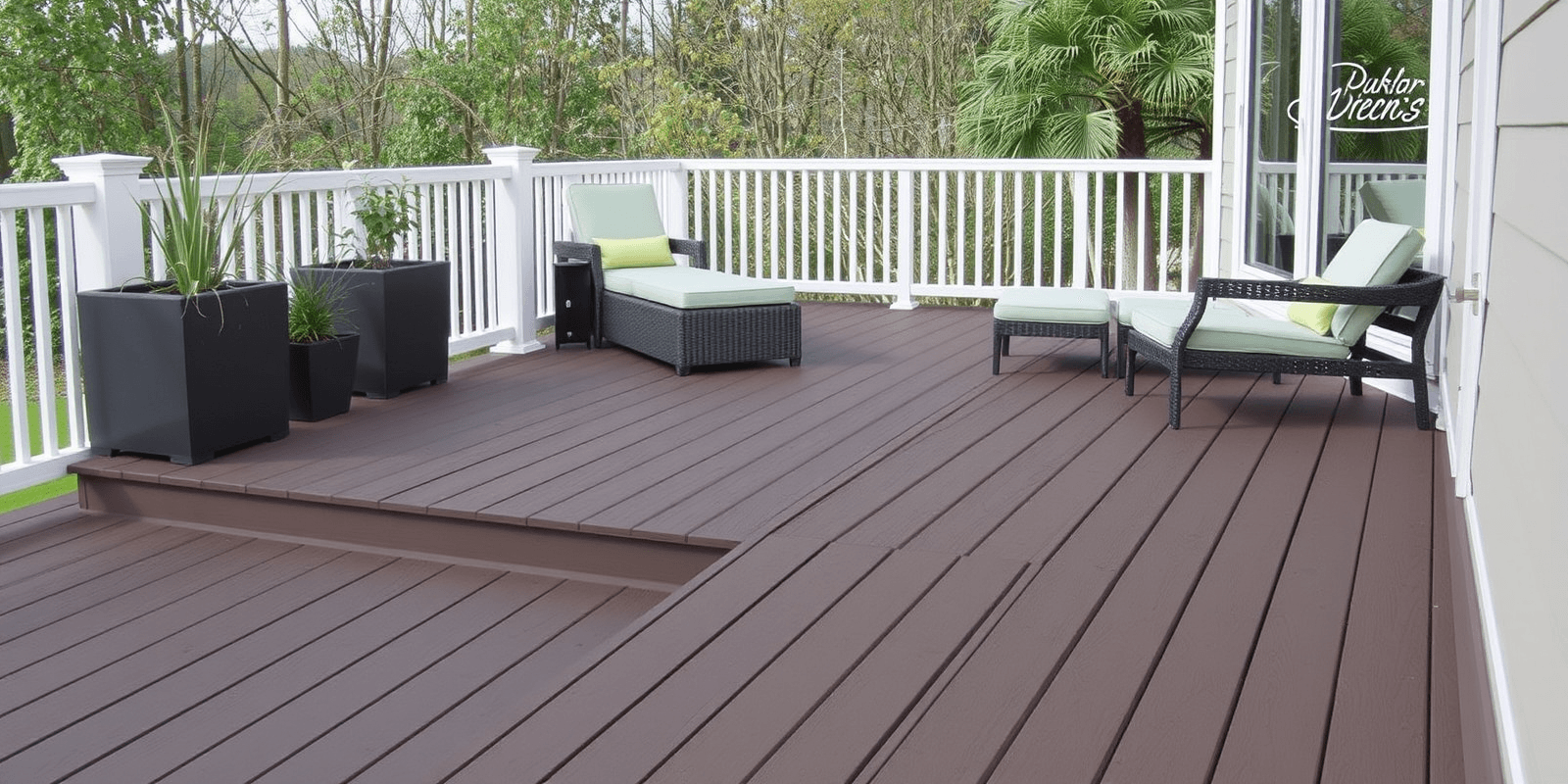
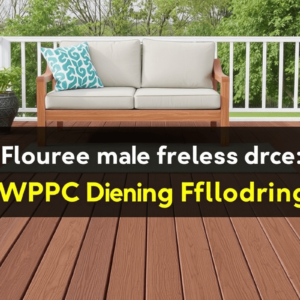
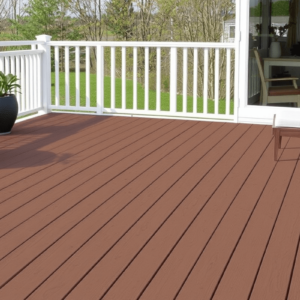
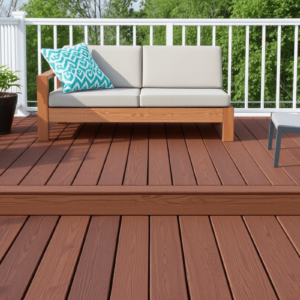
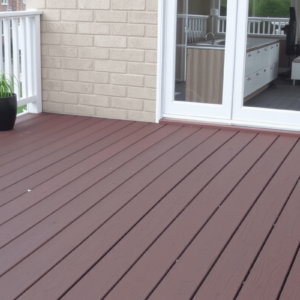
Reviews
There are no reviews yet.